US academic: Equality is a myth, whether in the US or China
Wu Guo notes that equality is very much a mirage, whether in the socialist or liberal democracy conception of the term. The sum total of one's head start in life is often tied to his or her family background. And often, no amount of levelling up can change that. But this does not mean that equality is of no relevance or should not be aspired to. Adopting an attitude of equality can help ensure that people's rights are protected, even if the ideal of equality may never be achieved.
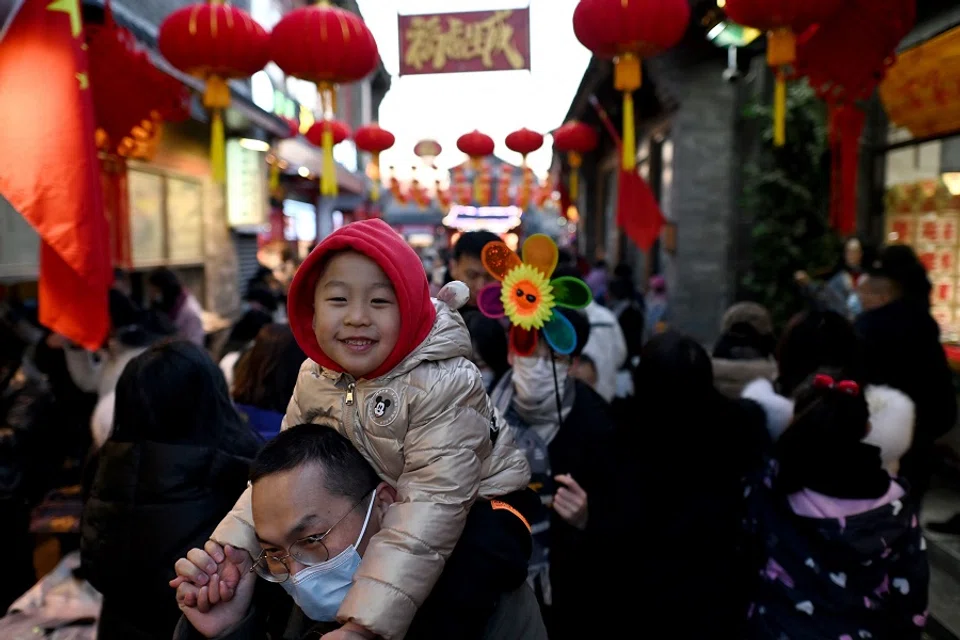
I grew up under a Chinese socialist system and its moral and ideological teachings of "equality for all". Now that I've spent as much time in the US as I have in China, I am increasingly sceptical about whether equality can be achieved.
First, we need to distinguish between the ideal of equality and the reality of class division. On a conceptual level, modern human society has established equality as an important and fundamental principle. No society or regime openly declares that it pursues inequality or that it aims to build an unequal society. In other words, most modern societies promote equality and implement laws and policies to achieve it, although there may be differences in their definitions and approaches to equality.
Based on the premise that equality as an ideal is unquestioned and universally accepted, we can consider why the task of actually achieving equality has proved challenging in all societies.
One's station in life is hard to change
The British documentary Seven Up! traces the lives of 14 children from different family backgrounds over a period of 56 years. Its findings show that people often stay in the same social class as their parents throughout their lives. While this "discovery" greatly challenges people's notions about the modern egalitarian society, it is in fact not surprising at all, at least to people with enough life experience. Perhaps the only problem is that people tend to feel rather disappointed and helpless when the bubble of equality bursts.
...in the real world, equality is not only constrained by one's family background but by how effectively one adds valuable "brands" to his name at every step of the way.
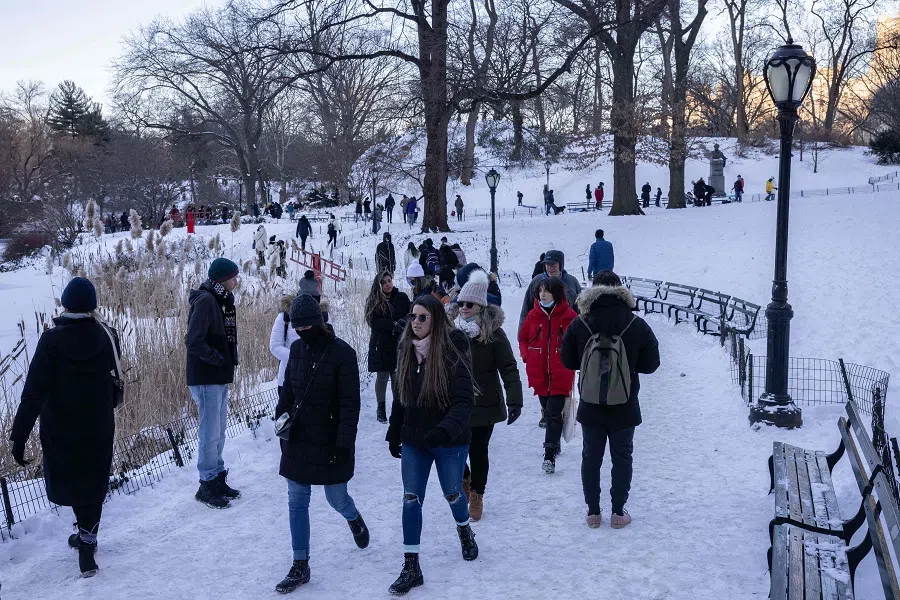
However, this is the reality. A good friend of mine is a middle-aged influential sociologist teaching at a top college in Beijing after returning from further studies in the US. He comes from a poor rural family and suffered much hardship for the chance to study when he was young. In fact, his schooling experience is a legend in itself. Given his history and training in sociology, does he think that he has broken free of his family background and shown that with external support and his own hard work, equality can be achieved? No.
He says that in the US, one's starting point is especially critical, and at the crux of it is a person's family background, which can make or break one's career and future. This statement is basically consistent with the message of the British documentary.
My friend also pointed out that while the US's education system appears lax in a lot of ways, the selection process at every level is strictly determined by the student's profile from the outset, and social class plays a big part in entering the doors at each stage of the admissions process.
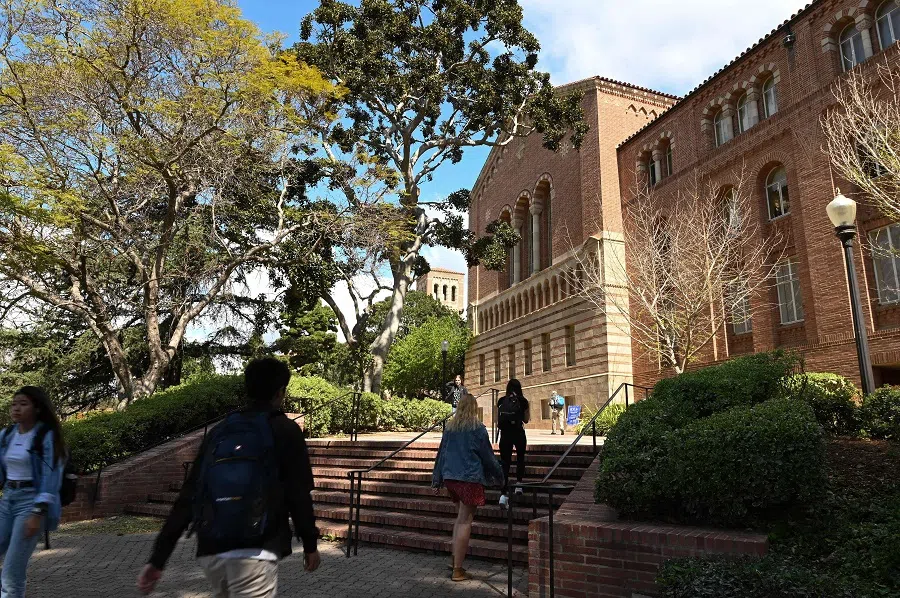
Similarly, the reputation of a Chinese student's undergraduate university is also extremely important when applying for graduate school because the university is like a "brand" that allows recruiters to select talents quickly and at minimum cost. That is to say, in the real world, equality is not only constrained by one's family background but by how effectively one adds valuable "brands" to his name at every step of the way.
...some famous academics who hail from Chinese rural areas actually have grandparents who were "landowners" or rural elites in their time.
Apart from the vast differences in starting points among individuals, my friend also discovered that inequality in American society slightly eased between 1949 and 1979, but worsened between 1979 and 2003. And the biggest victims of the spike were the middle class who remained unhappy after their basic needs such as food and clothing were met. They were obsessed with material possessions and giving their children an elite education amid endless comparisons with their peers.
Elites among the rural folk too
I also found out that some famous academics who hail from Chinese rural areas actually have grandparents who were "landowners" or rural elites in their time. While these academics considered themselves "rural folks" under China's rural-urban dual system, deep in their hearts, they have actually inherited an elite consciousness - and also considerable intelligence - from their grandparents. They do not think that the equality policy of cancelling exams and lowering admissions standards that is now popular in the US is worth pursuing, but instead believe that elites should be recognised.
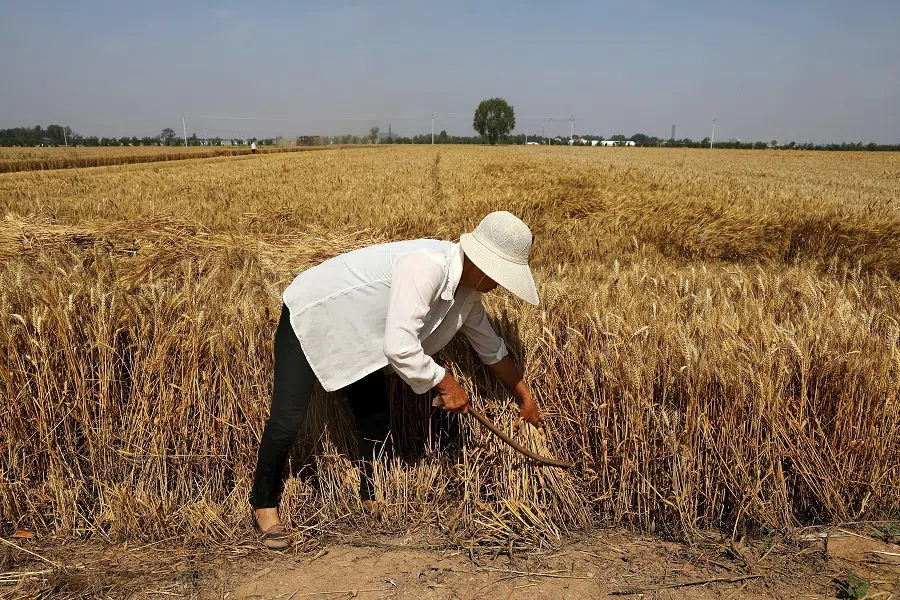
After all, competition is inevitable among humans. Higher education, especially at top schools, is a scarce resource that people compete for in every society. Amid intense competition, is it fairer if schools admit students based on academic performance, or look after the needs of poorer students? Isn't the elimination of test scores more beneficial to rich students who have the means to accumulate rich experiences and nurture their talent, but who perform poorly academically? These issues will remain unresolved. In this context, equality seems even more unattainable.
Elite education in the US as tough as anywhere else
Observably, even if the concept of equality is already entrenched, the pursuit of equality in human society is still plagued by several important factors.
One, while there are a minority of successful individuals who have overcome the limitations of social class, family background still determines one's future to a large extent in all societies.
Two, while one's accumulated social capital also shapes the direction of one's life significantly, the fact is that the capacity to accumulate social capital, especially educational resources, is inseparable from family background, whether in the US or today's China.
...the so-called happy and easy-going education system of the US is a principle that "hopeless" public schools uphold to create a "qualified" class at the base of American society.
Three, British and American societies are essentially highly elitist, outside of the outward appearance of equality and the relevant regulations that govern it. They continue to discreetly select elite candidates at all levels until the latter are sent into the ruling class. Thus, after gaining a deep understanding of US society, some Chinese parents are finally aware that the so-called happy and easy-going education system of the US is a principle that "hopeless" public schools uphold to create a "qualified" class at the base of American society. US elite education, on the other hand, is as stringent and rigorous as that in other societies.
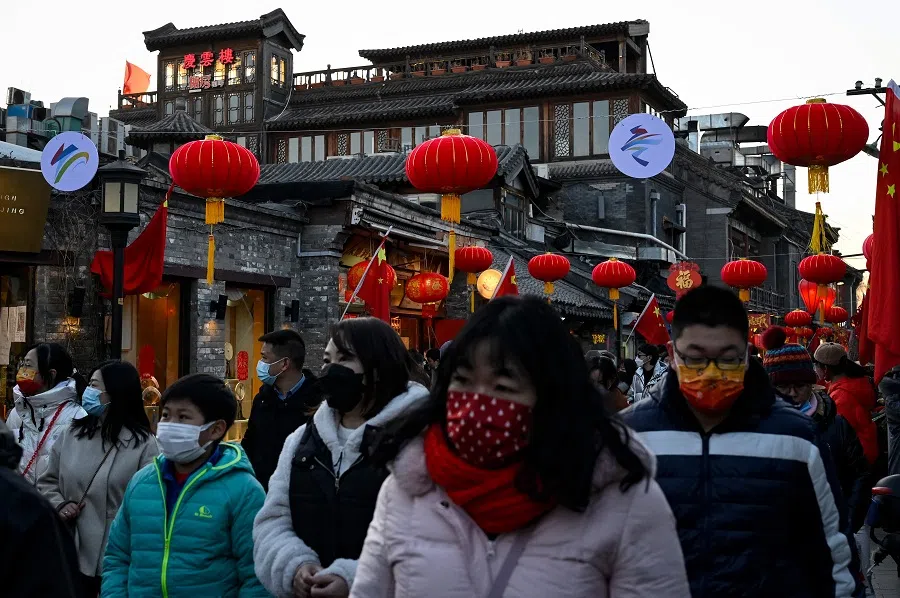
Four, in the face of real competition, the pursuit of equality is often superseded by personal needs and values supporting the pursuit of individual excellence. Hence, a successful person from a poor rural background would not think of his success as symbolising equality for the disadvantaged in the general sense, but see it as the personal victory of an intellectual elite.
In all societies, equality appears to be more like a theory, a rhetoric or a goal. The huge differences in human abilities, as well as an inherent egoism to always maximise and maintain one's interests and those of its own social class, are creating greater disparities among humans.
A difference in intellectual ability is not the dealbreaker here, compared to other factors such as family background, environment, and an individual's inherent greed in hogging and controlling resources, which would exacerbate and perpetuate inequality. I am certainly not advocating this, but simply attempting to describe this phenomenon that we have to face.
Make equality an attitude
Under such circumstances, treating equality as an attitude is perhaps the most meaningful thing to do. That is, striving to have an attitude of equality, while recognising the difficulty in achieving equality between humans and communities. When those in a superior position treat those in inferior positions with politeness and acceptance, it not only makes the latter feel respected but also the former feel better about themselves, as they have not portrayed themselves as the nouveau riche.
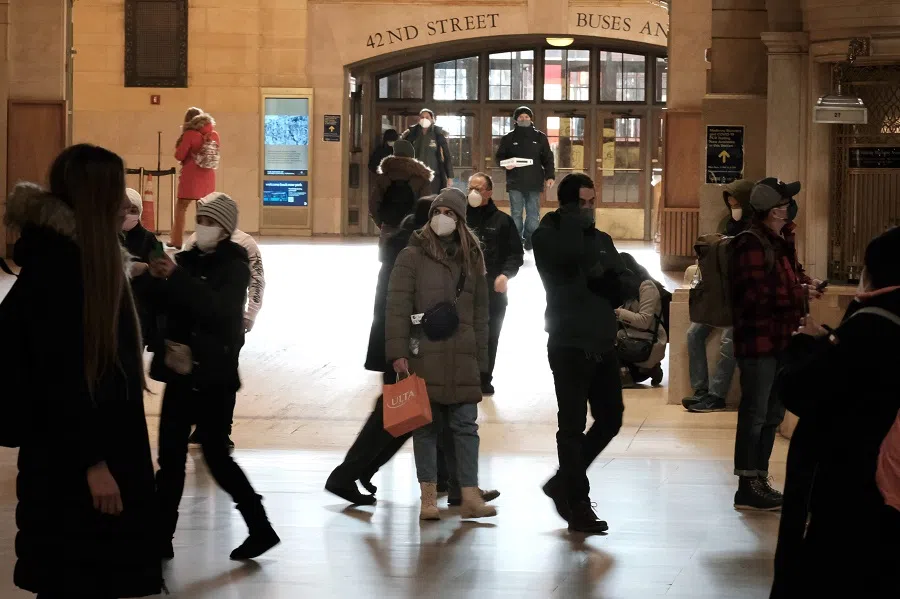
The West's concept of "polite society" has somewhat achieved such a two-way psychological effect, compensating for the lack of equality with an attitude of equality.
On the other hand, when the wealthy in China suffer backlash after bullying others or being overly demanding towards people in a disadvantageous position, it is not because they do not know how to treat people equally but because they lack the grace and magnanimity of a victor.
...protecting the rights and interests of the vulnerable, and keeping them from being bullied or exploited by the powerful, is the tangible outcome that all regulations want to achieve.
In addition, without expecting equality to be actually achieved in reality, "protection" may be a more desirable and realistic goal.
While reading the US's legal provisions and academic standards that must be observed when conducting social science research on human subjects, I found that little emphasis was placed on the equality between researchers and subjects (especially vulnerable groups such as children, pregnant women, prisoners). In practice, a word that kept appearing in various texts was actually "protection".
Regardless of whether equality has become self-evident or seems hollow, protecting the rights and interests of the vulnerable, and keeping them from being bullied or exploited by the powerful, is the tangible outcome that all regulations want to achieve. It is also a feasible moral and legal bottom line that is easier for human society to have.
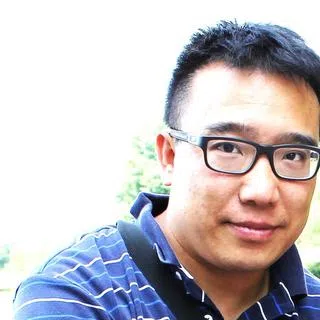

![[Big read] When the Arctic opens, what happens to Singapore?](https://cassette.sphdigital.com.sg/image/thinkchina/da65edebca34645c711c55e83e9877109b3c53847ebb1305573974651df1d13a)


![[Video] George Yeo: America’s deep pain — and why China won’t colonise](https://cassette.sphdigital.com.sg/image/thinkchina/15083e45d96c12390bdea6af2daf19fd9fcd875aa44a0f92796f34e3dad561cc)